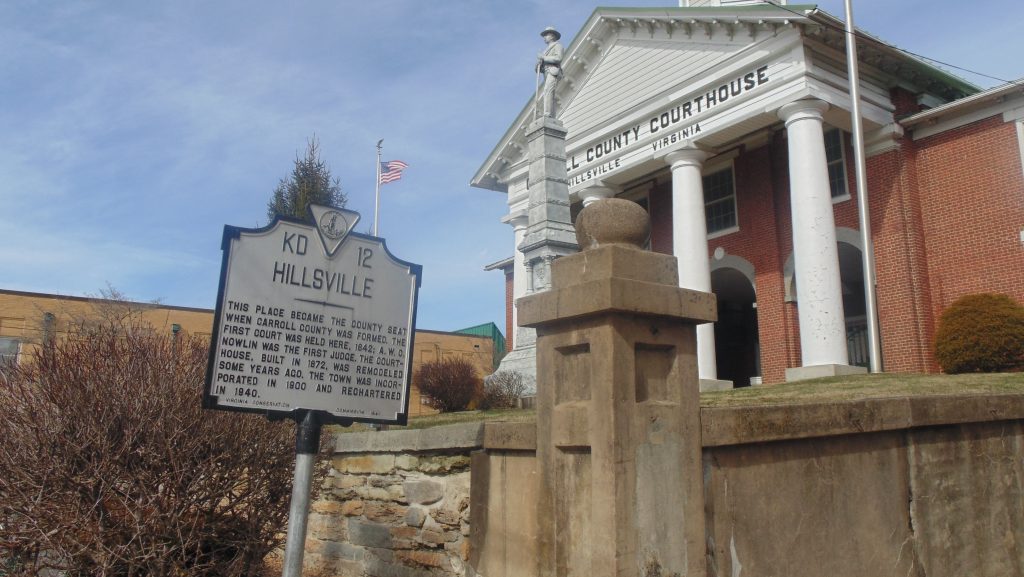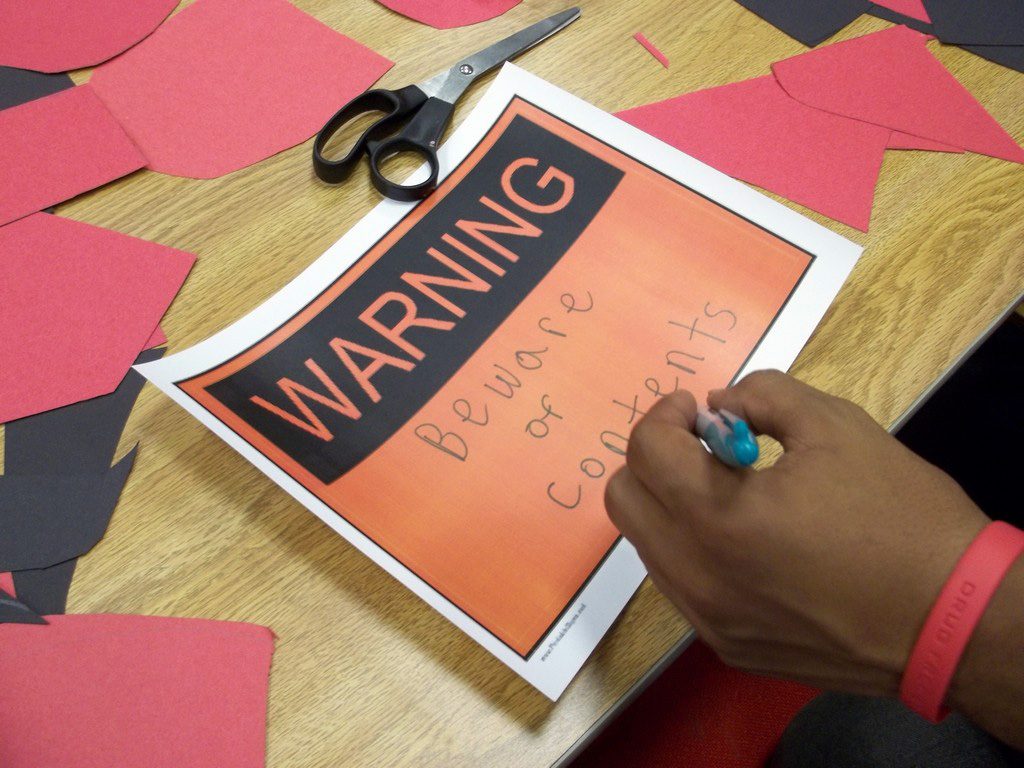The censorship of Clyde Edgerton’s The Floatplane Notebooks in Carroll County illustrates many different dimensions of literary censorship and bears important lessons about human society.

First, it is important to acknowledge that the case is similar to many other cases of censorship that happen in public school systems. According to the National Coalition Against Censorship, “objections to material dealing with sexuality or sexual orientation commonly surface in elementary schools and middle schools when individuals –often parents or religious leaders – demand the material’s removal with the claim that it is not ‘age appropriate’ for those students.”1 In its most basic form, the Carroll County case is like one quilt square in a national pattern of censorship, and so it serves to clearly illustrate the basic idea of how censorship can happen anywhere, whether in a rural, Appalachian community or large, urban city. The fact that the case aligns with patterns of national censorship is also significant because it speaks to just how many forms censorship can take, a fact that is not necessarily obvious when individuals look at case studies of censorship or get caught up in the middle of instances of censorship.
Going a little deeper, the case has particularly unique applications for the dynamic nature of Appalachian culture. There seems to be a special irony in the idea that an Appalachian novel was censored in an Appalachian town, an idea that a Beth Macy draws attention to in an article from The Roanoke Times where she quotes Marion Goldwasser acknowledging the similarities between the culture represented in The Floatplane Notebooks and the culture of the surrounding county.2 Officially, J.B. Lineberry and supporting parents objected to small aspects of the novel, but their objections are inherently tied to, and even influenced by, the broad, conservative nature of Appalachian culture (and, as already mentioned, national trends against sexual expression). If one of the major purposes of Appalachian literature is to openly explore and challenge what it means to be Appalachian, then the fact that a few inclusions of language and other sexual themes can override all other valuable themes and representations of Appalachian voice in The Floatplane Notebooks is particularly chilling. It exposes a place where culture grapples with itself, caught on how to obtain its greatest good and on how to define what its greatest good looks like in the first place.

Also, in that same vein, the Carroll county case exemplifies the importance of examining pieces of literature as a whole, and in the context that surrounds the history and cultural of a work’s creation, which is a skill students often learn from grappling with challenging novels in a guided and meta-cognitive classroom setting.
Moving on, another interesting lesson of the case is the impact of the media, specifically the news media for the Carroll County case. An exploration all of the materials on the case points to the idea that it escalated very quickly, even though it only started with a telephone complaint.3 Perhaps, the case would have been quickly and quietly resolved within the high school if public attention hadn’t been brought to it.
Even more so, it is interesting to look at how and why the media caused the case to escalate so quickly. On the surface level, media attention in the case pressured those involved to have to speak and answer questions, whereas the objections would have a been easier to ignore if they were kept private. But, looking deeper, media attention to the complaint attracted sensationalism and controversy, and it points to a public fascination – or curiosity – about censorship itself.
Censorship is easy to view as an action that results in materials being limited or taken away, but it’s much more complex that that. If censorship was that easy, there wouldn’t have been much room for newspapers, or Goldwasser and Lineberry themselves, to write and speak about the events of the case. Therefore, the censorship of The Floatplane Notebooks is a powerful examination of the complexity of literary censorship.
Although the case ended with the restriction of a novel at the high school4, it also attracted regional and national attention that encouraged people to think, debate, and take interest in patterns and themes that are ultimately so much greater than the use of a book in a classroom. Perhaps, in some way, the Carroll county case and other explorations of censorship are most important because they challenge people to think about what it means to be a member of society and a human being in the most philosophical sense. Examinations of censorship dismantles the idea that society and an individual’s perception of reality stand alone, starts to look at how people go about expressing and defining identity – as well as how they do not – in the context of individual and collective expression.
Citations
- The National Coalition Against Censorship. The First Amendment in Schools: Censorship. 2019. Retrieved April 7, 2019. https://ncac.org/resource/the-first-amendment-in-schools-censorship
- Macy, B. “Family plots real life has provided Clyde Edgerton with a generous supply of material for his books.” The Roanoke Times, The (VA). 19 December 1992: 1. NewsBank. Accessed April 26, 2019. https://infoweb.newsbank.com/apps/news/document-view?p=AWNB&docref=news/0EAEA30AA2965145.
- Goldwasser, M. M. Censorship: It Happened to Me in Southwest Virginia–It Could Happen to You. 1997. The English Journal, 86(2), 34. doi:10.2307/819671
- (Goldwasser, 1997, p. 41)
Photo Credits
Figure 1: Turner, T. Court House in Hillsville. 2019. Hillsville, VA
Figure 2: Moore Memorial Public Library. Banned Books Week: Sept. 24-Oct. 1, 2011. 09 September 2011. Flickr. Accessed April 26, 2019. Licensed under a Creative Commons Attribution-Noncommercial-ShareAlike 2.0 Generic License. https://www.flickr.com/photos/moorelibrary/6169352197/in/photolist-apaxtk-9Ko8qF-9Ko8Xi-2cHXNtp-9KqXmG-9KqXE3-9KqYt1-6JJ5H-2c5Yvvs-Qpgut-6dM1HU-2mvbhc-eHubeH-7h9DLT-5tptJ8-UrGoWG-cTjw2Y-TgMXJF-D2USY-4ZWqGj-9oeML-BiFLp1-TVkwL5-QhUa5-5JeNGM-UrGptd-UrGoJY-QiYgQ-4Ap6wK-TVkK6q-DJoWW-6Vkiv-MBfRz-JKXMo-Qus8A-TVkG6s-4jSXdx-5JeNXT-Q8TZC-Q9u8J-Qzgef-2fbbmS6-2mALSW-yVv6VE-QkHWC-5zKn7-TgN2y4-UrGfeb-2fgPP4-Qvuej
No Comments Yet